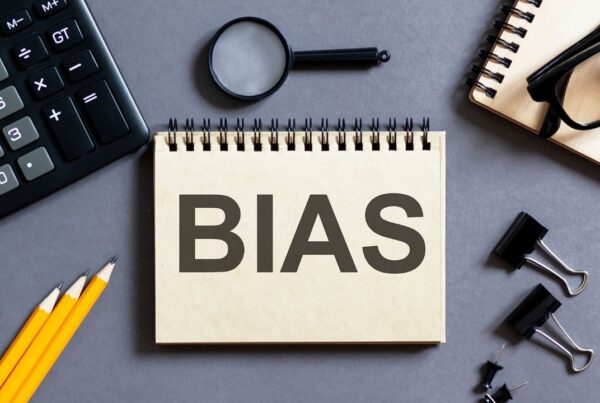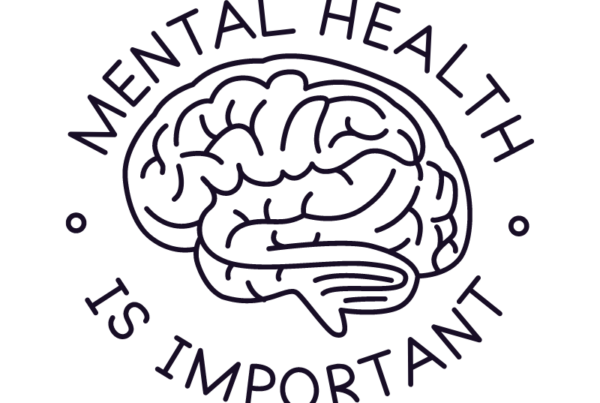Are you aware that someone is censoring your incoming mail?
Okay, it’s not your mail exactly. It’s all of the information you receive. Someone is tampering with it, and you’ll be surprised who it is.
The culprit is you. Or more precisely: your brain.
Your human brain is constantly filtering out useless information. What kind of information is “useless”? Well, that depends on how your brain has been programmed.
If you grew up in a community of religious fundamentalists you’ll filter out opposing messages that challenge the tenets of that religion. That’s a “worldview filter.”
Information that’s inconsistent with (or that challenges) your worldview is “useless” according to your brain’s programming. And that’s a scientific fact
Hopefully your worldview doesn’t filter out scientific facts. If not, read on…
Your brain uses a lot of oxygen, and consumes a lot of your body’s energy resources. But your brain is efficient. And its efficiency applies to information gathering.
Most information it receives is irrelevant. And so prioritizing the inputs it receives is crucial.
The brain censors “useless” information to makes sure you can make important simple decisions like: where can I get my next meal?
And this makes perfect sense right? The alternative is probably not efficient.
For example, what if your brain wallowed in decisions like this: hmmm, I wonder if my worldview is not based on reality that’s confirmable by science?
No one wants to get bogged down with questions like that. Your worldview filter is set in stone, and maybe that’s fine. But your brain’s worldview filter is only one of many filters that it employs.
Your brain might have a few secret filters, ones that keep you from learning useful things. I recently discovered that my brain had a problem filter.
My brain had a the-message-is-useless-because-the-messenger-is-a-jerk filter. Let me explain how this filter worked…
Several years ago I read a book called Four Hour Work Week, by Tim Ferriss. I was intrigued, and wanted to make use of his bold ideas.
But then I read some bloggers saying he was sort of a jerk. They painted Ferriss as overly confident and too self-promotional. Yeah, I could see that too: he was probably a jerk.
My brain then ignored all the information it received from Ferriss’s book. I have been trained to trust that brain always has my best interests in mind, so I didn’t even notice the filter kicking in. My brain solved the “useless information problem” in the background.
Now it was free to focus on pedestrian, but important, decisions. Like…
What’s for lunch?
[Flash forward a few years, to the present]The other day my friend Craig Bayer recommended I listen to Tim Ferriss’ podcast. But my brain reminded me that Ferriss was a jerk. Then my brain directed me to mention this to Craig.
Craig replied that he didn’t know whether Ferriss was a jerk. He emphasized that the podcasts had some great guests with interesting ideas. I shrugged my shoulders while my brain struggled to apply its jerk-filter.
This time the jerk-filter failed to kick in. I listened to a Ferriss podcast episode with guest Josh Waitzkin, the subject of the movie Searching for Bobby Fisher, which was about a chess prodigy from New York City.
I already knew that Waitzkin mastered chess at a very young age. But by listening to the podcast I learned that Waitzkin mastered many other things besides chess: including Tai Chi Chuan. I was intrigued.
I discovered that Waitzin is intensely curious about how to improve in the most efficient way. Obviously his brain is good at learning complex skills, both intellectual and physical. In fact, it turns out Waitzkin has written a book called The Art of Learning: An Inner Journey to Optimal Performance.
Josh Waitzin, clearly isn’t a jerk. So, now I’m wondering if his book contains useful information that I should explore.
And now my brain has to deal with potentially useful new information —if I can change a few habitual thought patterns.
Of course, changing thought patterns is hard. Not really what my brain craves. My brain likes things to routine and easy.
Speaking of which…
What’s for lunch?
Use technology to radically improve your law practice by focusing on the few core elements that have the biggest impact.






